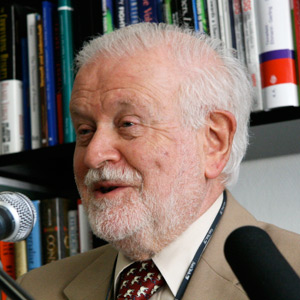Utah Governor Mike Leavitt, nominated by the White House as EPA administrator to succeed Christie Todd Whitman, may well face an impossible task. In order to be confirmed by a split Senate, he would have to make far-reaching commitments that go counter to President Bush’s declared policies. But if he does so, he and the White House will face the wrath of many conservatives who support him. One wonders why the President would try to fill the position at all at this time and kick off a searing debate about his environmental policies in an election year.
There is little doubt that the confirmation hearings will turn into an attack on the perceived shortcomings of the Bush environmental record. High on the list will be carbon dioxide, global warming, and the Kyoto Protocol. The opponents will hark back to Bush’s campaign promise to limit CO2-emissions from powerplants. I watched his speech on TV and remember that he seemed to stumble over the word, perhaps thinking that it should have been carbon monoxide, a toxic gas already on the EPA control list, instead of carbon dioxide, a nontoxic and essential component of the atmosphere and the compound that provides the indispensable food for the growth of all plants and therefore the basis for life on Earth.
It is clear that Bush got bad advice from certain parties. They have since been identified as including the former chairman of Enron and the chief executive of Environmental Defense, both of whom have had a corporate interest in capping carbon dioxide.
However, the White House has now had three years to rectify this unfortunate mistake and educate the public on why CO2 should NOT be limited, why global warming is NOT a problem, and why turning down Kyoto is the right policy if we want to preserve economic growth and prosperity AND protect the environment. But they have missed that opportunity—and now it may already be too late. Worse even—they have played along, supporting schemes that make CO2 LOOK like a problem.
Will Leavitt be confirmed by the Senate? I doubt it. Democrats will line up against him, as they would against any other nominee, sensing the President’s vulnerability on the environment. They will be joined by Independent Sen. James Jeffords and by pro-Kyoto Treaty Republicans such as Sen. John McCain and the contingent from New England.
Should Leavitt be confirmed? I don’t think so. Even if by some miracle he bends enough to satisfy the critics, his spine will then be so flexible as to make him ineffective to stand up against the green bureaucrats within the EPA who seem to be impervious to scientific evidence—as evident from their past record. Not only do these regulators want to increase their scope for regulation—a natural reaction of all bureaucracies; they are also ideologically committed to the cause, many of them having been embedded into EPA by the Clinton-Gore administration.
All in all, this is a losing battle for Leavitt and the White House. One wishes they had nominated a fighter not a conciliator. At least that nominee might have unabashedly promoted policies based on sound science and educated the public in the process—or one would hope so.









